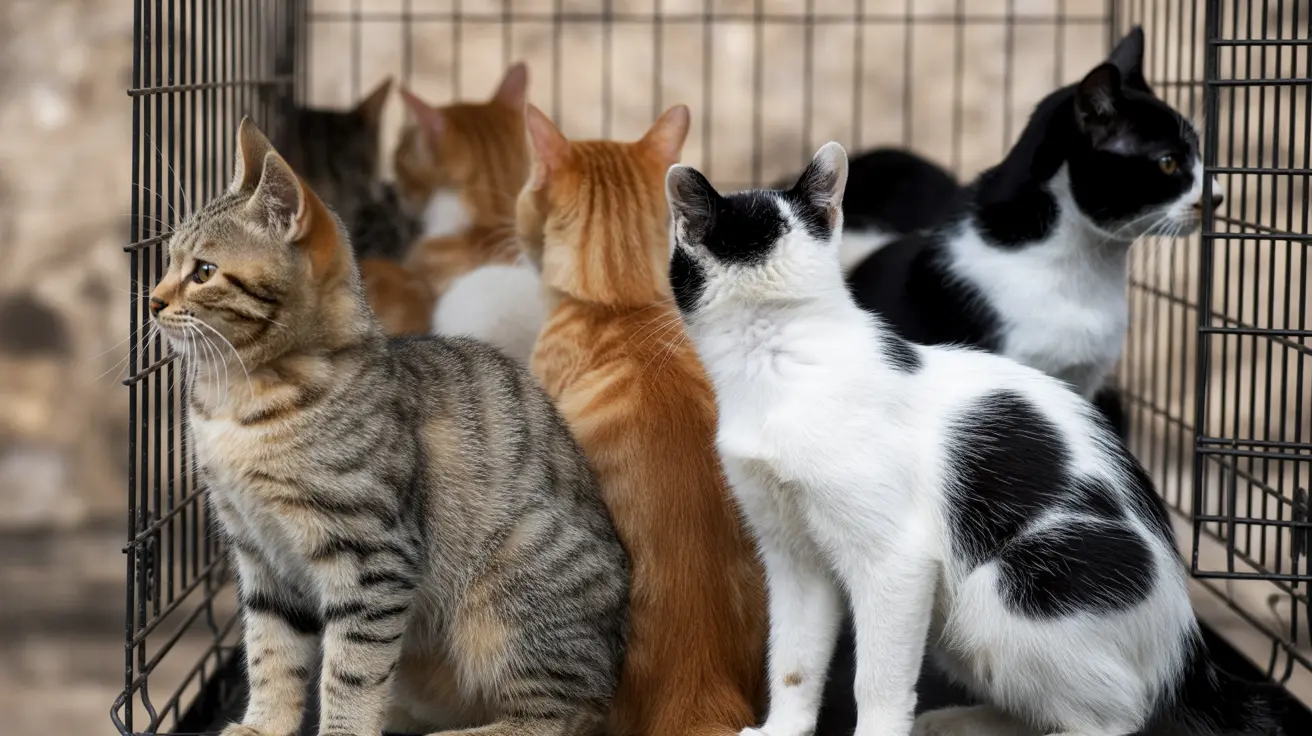Do Male Cats Change After Being Neutered?
For many pet owners, deciding to neuter a male cat comes with questions about how the procedure may affect a cat’s behavior and health. Understanding what changes to expect and why they occur can help ease concerns and highlight the benefits of neutering.
What Is Neutering?
Neutering is a surgical procedure in which a male cat’s testicles are removed. This is typically performed under general anesthesia by a licensed veterinarian. The surgery is considered routine, with a small incision that typically heals quickly and often does not require stitches.
Why Neuter a Male Cat?
There are several reasons to neuter a male cat, including health benefits, behavioral improvements, and population control:
- Prevention of overpopulation: Reduces the number of unwanted kittens and burdens on animal shelters.
- Health benefits: Eliminates the risk of testicular cancer and reduces prostate problems.
- Behavioral improvements: Lower chances of aggression, roaming, and territorial spraying.
Behavioral Changes After Neutering
Many cat owners notice positive behavioral shifts after neutering. Here’s what to expect:
- Reduced territory marking: Neutered males are less likely to spray urine inside the home.
- Decreased aggression: Fewer instances of fighting with other cats, which also lowers the risk of disease transmission.
- Less roaming: Neutered males are less likely to wander in search of mates, which improves safety.
- Lower mating drive: Unwanted behaviors related to mating, such as loud vocalizing, tend to diminish.
What Doesn’t Change After Neutering?
It’s important to understand that neutering does not change a cat’s core personality. Cats remain:
- Affectionate
- Playful
- Social (depending on their preexisting temperament)
Neutering also does not inherently cause laziness or weight gain. However, because a cat’s need for energy may decrease after the procedure due to reduced physical activity like roaming, pet owners should monitor portion sizes and encourage regular play.
Health Benefits
Besides behavioral improvements, neutering offers several health benefits:
- No risk of testicular cancer
- Reduced incidence of prostate issues
- Lower risk of transmissible diseases like FIV and feline leukemia, which are spread through bites and mating behaviors
Timing and Safety of the Procedure
Neutering can safely be performed on kittens as young as eight weeks old, but many veterinarians recommend waiting until around five months—after the vaccination schedule is complete. Prior to surgery, cats should be in good health and up to date on vaccines. Veterinarians may run blood tests to ensure the cat is a suitable candidate for anesthesia.
Postoperative Care and Recovery
Healing after neutering is generally quick. Owners should:
- Prevent the cat from licking the incision, possibly using an Elizabethan collar.
- Restrict vigorous activity like jumping, as advised by the vet.
- Watch for signs of infection or complications, such as swelling or discharge from the incision site.
Cost vs. Long-Term Welfare
Neutering tends to be less expensive than dealing with health issues or managing unplanned litters. It also reduces burdens on community shelters and helps ensure more cats find living homes.
Potential Risks
While the risks are minimal, some studies have suggested a small increase in orthopedic issues when male cats are neutered very early. Occasional persistence of mating behaviors may be observed if the procedure is done later in life. However, benefits far outweigh these potential drawbacks.
Conclusion
Neutering a male cat is a responsible and compassionate decision that brings numerous advantages. Though certain sexual and territorial behaviors tend to decrease, your cat’s unique personality will remain intact. By planning for proper nutrition and playpost-surgery, you help ensure a long, happy, and healthy life for your feline friend.





